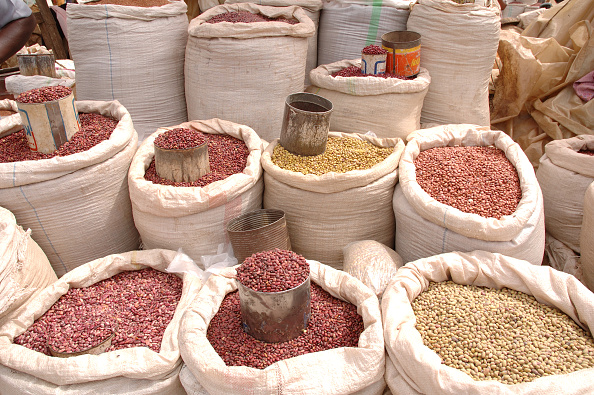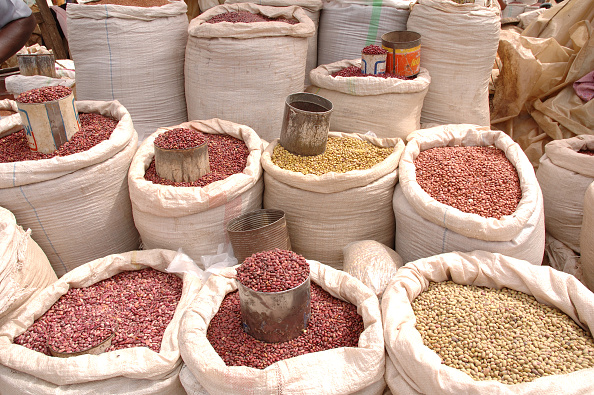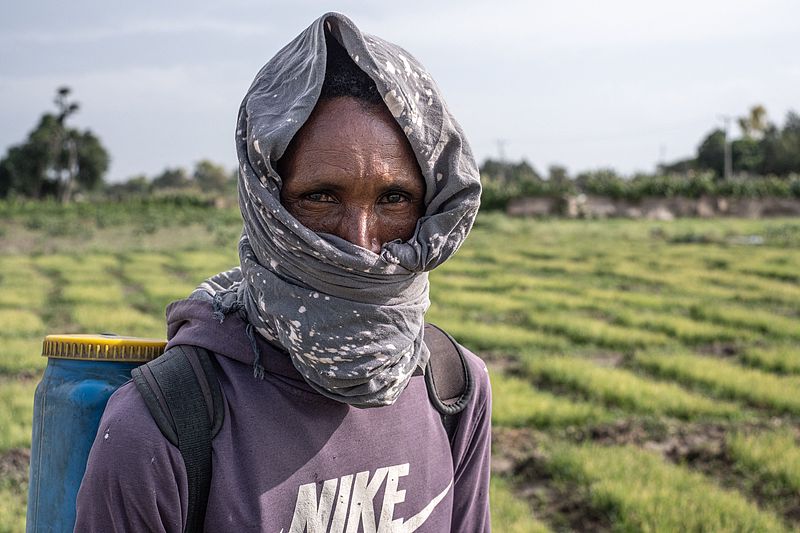
Africa’s SMEs challenged by ‘triple crisis’: report
Small and Medium Enterprises (SMEs) across Africa are facing persistent challenges in the aftermath of the COVID-19 pandemic, the ongoing Russian-Ukraine conflict, and the impacts of climate change. A recently released African Agribusiness Outlook Report, focusing on Nigeria, Zambia, and Tanzania, cast a spotlight on the struggles of agribusinesses on the continent. The report highlights a significant decline in revenue for the majority of agribusinesses, with only a few managing to recover.

The study encompasses 1,623 small and agribusinesses involved in rice, maize, soybean, and tomato value chains in West Africa, East Africa, and Southern Africa. The “triple crisis” of COVID-19, climate change, and the Russia-Ukraine conflict has severely affected agribusinesses in these regions. Although larger businesses in Nigeria and Zambia were hit hardest in 2020, they seem to have shown better recovery by 2023, according to the report.
The challenges faced by these agribusinesses include supply chain disruptions, fluctuating demand, and increased operational costs during the peak of the COVID-19 pandemic. The report underscores that businesses are still grappling with elevated operational expenses due to climate-related impacts and the ongoing conflict in Ukraine.
Throughout the “triple crisis” period, 58 percent of the studied SMEs experienced substantial revenue declines of 20 percent or more. Some businesses implemented survival strategies, such as injecting additional capital, adopting cost-reduction measures, and streamlining product lines.
President of AGRA, Dr. Agnes Kalibata emphasized the potential of African agribusinesses as drivers of farmer resilience, job creation, economic development, and poverty alleviation. Despite the challenges, these enterprises hold the promise of fostering social inclusion and reducing inequality across the continent.
To enhance the efficiency of SMEs and reduce transaction costs, the report calls for improved market information. It emphasizes the importance of enhancing information services related to supply and demand, facilitating better decision-making for agribusinesses, and improving overall supply efficiency.
The report also urges governments to address key issues, including reducing fuel costs, mitigating currency fluctuations, ensuring timely fertilizer subsidies, streamlining business registration processes, and efficiently managing storage facilities. These measures are seen as crucial for supporting the recovery and sustainability of agribusinesses in Africa.






